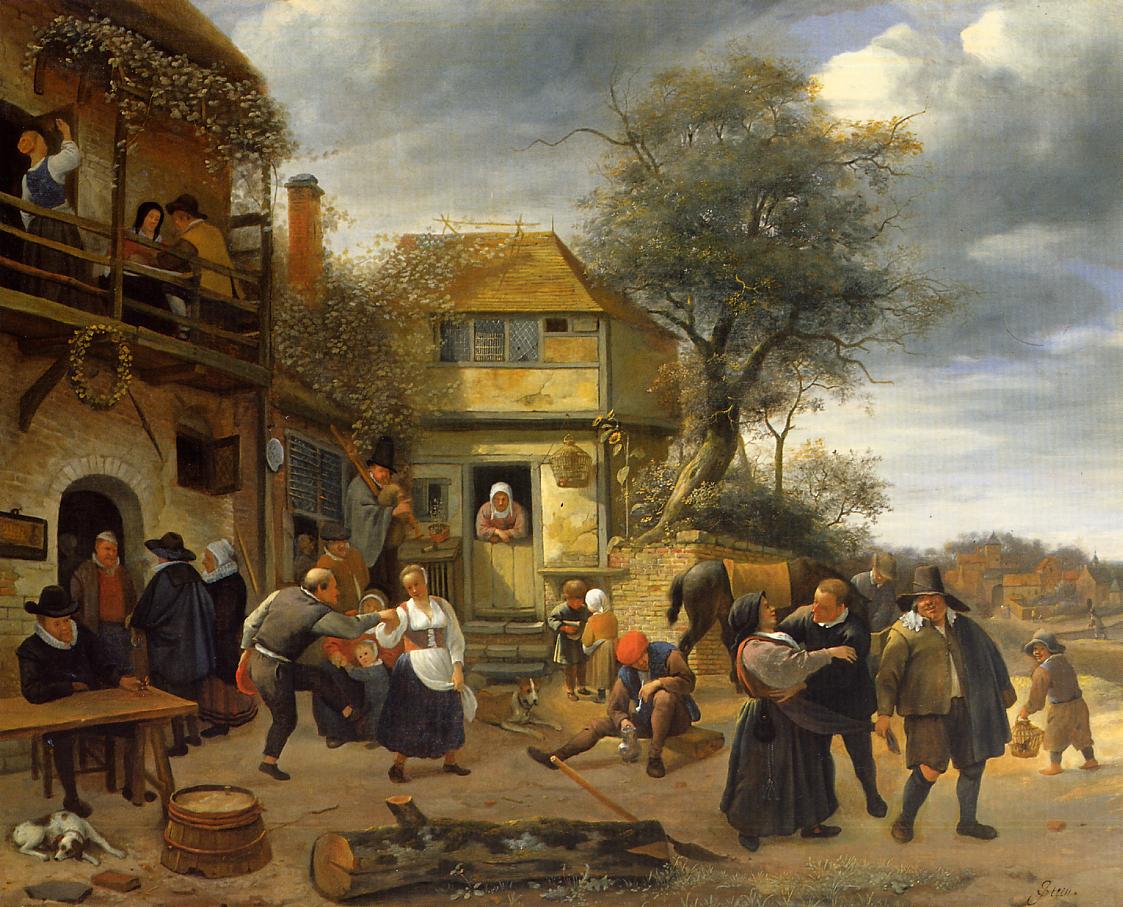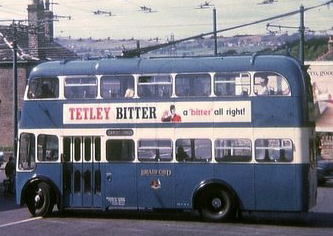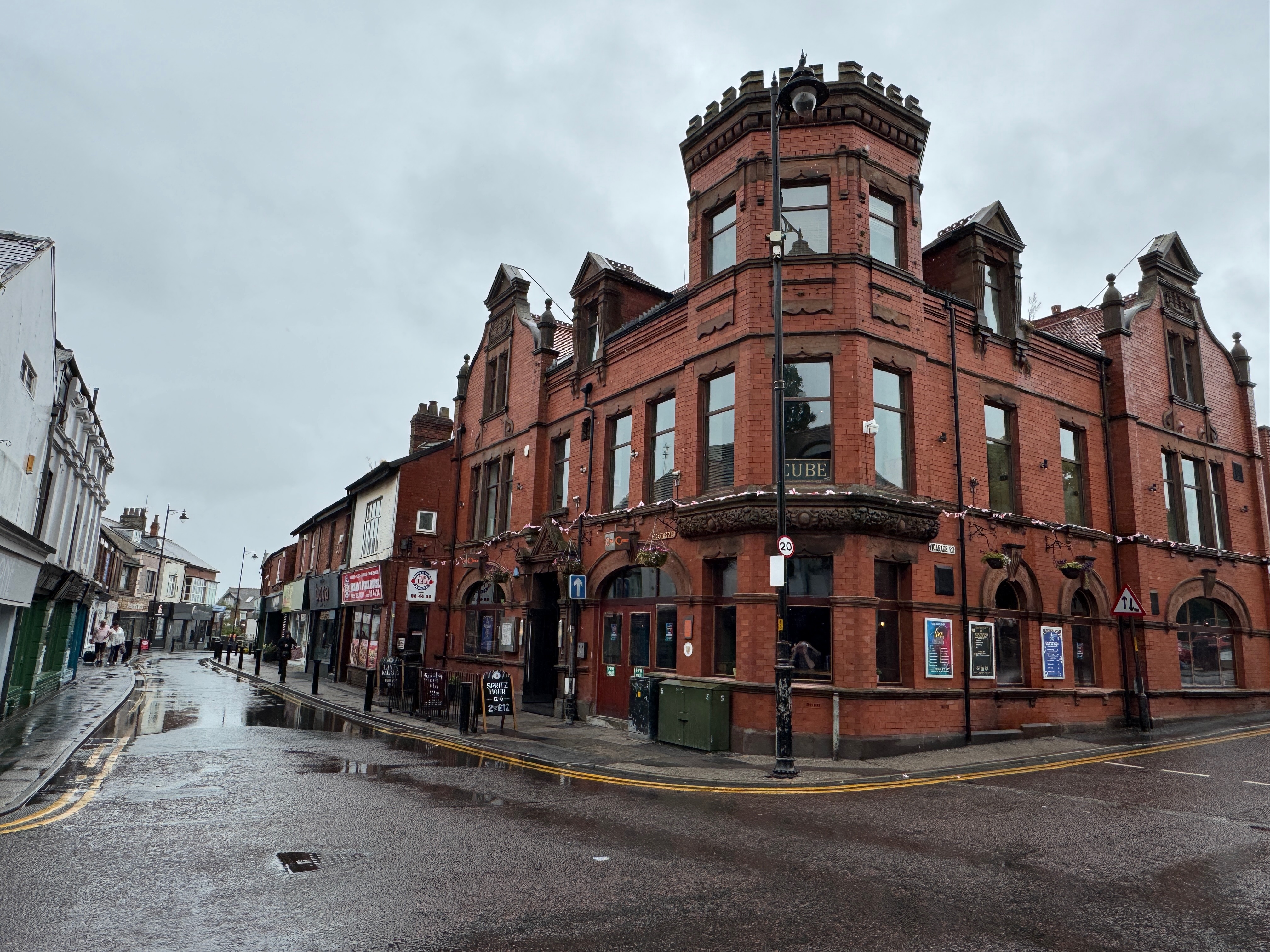|
Golden Ball, Poulton-le-Fylde
The Golden Ball is a public house and hotel on Ball Street in the English market town of Poulton-le-Fylde, Lancashire. Built in the 19th century, Lancashire County Council & Egerton Lea Consultancy (2005), p. 22 it was originally a coaching inn for travellers making their way to local towns and villages. During the course of its existence, the building has been a police courtroom, a newsroom and a café. Ball Street is named for the pub.''A History of Blackpool, the Fylde and South Wyre'' – Nick Moore (2018), p. 218 In 1847, the billiard room of the three-storey building hosted the first county court session in the town. [...More Info...] [...Related Items...] OR: [Wikipedia] [Google] [Baidu] [Amazon] |
Ball Street
__TOC__ Ball Street is a historic street in the market town of Poulton-le-Fylde, Lancashire, England. It runs for about , from the junction of Chapel Street, Vicarage Road and Breck Road in the east to its convergence with Tithebarn Street in the west. It is one-way westbound. The street, which is the start or end of today's B5267, has existed since at least the 19th century, which is when the Golden Ball public house (from which the street takes its name)''A History of Blackpool, the Fylde and South Wyre'' – Nick Moore (2018), p. 218 was built. To the right of the Golden Ball once stood two houses. The shop at 5A Ball Street occupies the former entrance to one of the houses. One of them became a small private school. The southern side of ... [...More Info...] [...Related Items...] OR: [Wikipedia] [Google] [Baidu] [Amazon] |
Blackpool Gazette
The ''Blackpool Gazette'' (locally marketed as simply ''The Gazette'') is an English daily newspaper based in Blackpool, Lancashire. Published every day except Sunday, it covers the towns and communities of the Fylde coast. It was founded as ''The West Lancashire Evening Gazette'' in 1929 before being renamed the ''Evening Gazette'', and then ''Blackpool Gazette''. The paper's history dates back to a weekly publication founded in 1873. Background The newspaper is published by National World, and is known locally as ''The Gazette''. The editor is Vanessa Sims. Two other weekly newspapers are also published – the '' Lytham St.Annes Express'' and the '' Fleetwood Weekly News''. It is online at blackpoolgazette.co.uk. ''The Gazette'' had a close link with local football club Blackpool until the club's relegation from the Premier League The Premier League is a professional association football league in England and the highest level of the English football league system. ... [...More Info...] [...Related Items...] OR: [Wikipedia] [Google] [Baidu] [Amazon] |
Pubs In Lancashire
A pub (short for public house) is in several countries a drinking establishment licensed to serve alcoholic drinks for consumption on the premises. The term first appeared in England in the late 17th century, to differentiate private houses from those open to the public as alehouses, taverns and inns. Today, there is no strict definition, but the Campaign for Real Ale (CAMRA) states a pub has four characteristics: # is open to the public without membership or residency # serves draught beer or cider without requiring food be consumed # has at least one indoor area not laid out for meals # allows drinks to be bought at a bar (i.e., not only table service) The history of pubs can be traced to taverns in Roman Britain, and through Anglo-Saxon alehouses, but it was not until the early 19th century that pubs, as they are today, first began to appear. The model also became popular in countries and regions of British influence, where pubs are often still considered to be an ... [...More Info...] [...Related Items...] OR: [Wikipedia] [Google] [Baidu] [Amazon] |
19th-century Establishments In England
The 19th century began on 1 January 1801 (represented by the Roman numerals MDCCCI), and ended on 31 December 1900 (MCM). It was the 9th century of the 2nd millennium. It was characterized by vast social upheaval. Slavery was Abolitionism, abolished in much of Europe and the Americas. The First Industrial Revolution, though it began in the late 18th century, expanded beyond its British homeland for the first time during the 19th century, particularly remaking the economies and societies of the Low Countries, France, the Rhineland, Northern Italy, and the Northeastern United States. A few decades later, the Second Industrial Revolution led to ever more massive urbanization and much higher levels of productivity, profit, and prosperity, a pattern that continued into the 20th century. The Catholic Church, in response to the growing influence and power of modernism, secularism and materialism, formed the First Vatican Council in the late 19th century to deal with such problems an ... [...More Info...] [...Related Items...] OR: [Wikipedia] [Google] [Baidu] [Amazon] |
Buildings And Structures In Poulton-le-Fylde
A building or edifice is an enclosed structure with a roof, walls and windows, usually standing permanently in one place, such as a house or factory. Buildings come in a variety of sizes, shapes, and functions, and have been adapted throughout history for numerous factors, from building materials available, to weather conditions, land prices, ground conditions, specific uses, prestige, and aesthetic reasons. To better understand the concept, see ''Nonbuilding structure'' for contrast. Buildings serve several societal needs – occupancy, primarily as shelter from weather, security, living space, privacy, to store belongings, and to comfortably live and work. A building as a shelter represents a physical separation of the human habitat (a place of comfort and safety) from the ''outside'' (a place that may be harsh and harmful at times). buildings have been objects or canvasses of much artistic expression. In recent years, interest in sustainable planning and building practi ... [...More Info...] [...Related Items...] OR: [Wikipedia] [Google] [Baidu] [Amazon] |
Church Street, Poulton-le-Fylde
__TOC__ Church Street is a historic street in the market town of Poulton-le-Fylde, Lancashire, England. It runs for about , from Ball Street in the north to Market Place in the south. An entrance to the Teanlowe Centre shopping precinct is located where Church Street merges into Market Place. The street was pedestrianised in 1983. The eastern side of the street forms the western boundary of the raised graveyard of St Chad's Church, for which Church Street is named. Around 1910, the row of buildings lining the southern side of Ball Street, and those on the eastern side of Church Street (including one known as the Twenty Steps), were demolished, resulting in today's unobstructed view of St Chad's. Now, between the northern end of the pedestrianised Church Street to the west and the Thatched House (built in 1907) in the east, there are two bus stops along the paved area. Lancashire County Council & Egerton Lea Consultancy (2005), p. 22 Where The Pork Shop stands today was the ... [...More Info...] [...Related Items...] OR: [Wikipedia] [Google] [Baidu] [Amazon] |
Tetley's Brewery
Tetley's Brewery (Joshua Tetley & Son Ltd) was an English regional brewery founded in 1822 by Joshua Tetley in Hunslet, now a suburb of Leeds, West Yorkshire. The beer was originally produced at the Leeds Brewery, which was later renamed the Leeds Tetley Brewery to avoid confusion with a microbrewery of the same name. A takeover of the nearby Melbourne Brewery in 1960 secured Tetley's position as the largest brewer in Leeds. That same year they merged with Walkers of Warrington to form Tetley Walker. Tetley Walker had an estate of over 1,000 tied houses in Yorkshire alone and a further 2,000 outside the county. In 1961 Tetley merged with Ind Coope of Burton upon Trent and Ansells of Birmingham to form Allied Breweries, then the world's largest brewing conglomerate. At its height in the 1960s, the Leeds Brewery employed a thousand people. In 1978 Allied merged with J. Lyons to form Allied Lyons. The brewery became the world's largest producer of cask ale during the 1980s. ... [...More Info...] [...Related Items...] OR: [Wikipedia] [Google] [Baidu] [Amazon] |
Conservation Area
Protected areas or conservation areas are locations which receive protection because of their recognized natural or cultural values. Protected areas are those areas in which human presence or the exploitation of natural resources (e.g. firewood, non-timber forest products, water, ...) is limited. The term "protected area" also includes marine protected areas and transboundary protected areas across multiple borders. As of 2016, there are over 161,000 protected areas representing about 17 percent of the world's land surface area (excluding Antarctica). For waters under national jurisdiction beyond inland waters, there are 14,688 Marine Protected Areas (MPAs), covering approximately 10.2% of coastal and marine areas and 4.12% of global ocean areas. In contrast, only 0.25% of the world's oceans beyond national jurisdiction are covered by MPAs. In recent years, the 30 by 30 initiative has targeted to protect 30% of ocean territory and 30% of land territory worldwide by 2030; t ... [...More Info...] [...Related Items...] OR: [Wikipedia] [Google] [Baidu] [Amazon] |
Auction
An auction is usually a process of Trade, buying and selling Good (economics), goods or Service (economics), services by offering them up for Bidding, bids, taking bids, and then selling the item to the highest bidder or buying the item from the lowest bidder. Some exceptions to this definition exist and are described in the section about different #Types, types. The branch of economic theory dealing with auction types and participants' behavior in auctions is called auction theory. The open ascending price auction is arguably the most common form of auction and has been used throughout history. Participants bid openly against one another, with each subsequent bid being higher than the previous bid. An auctioneer may announce prices, while bidders submit bids vocally or electronically. Auctions are applied for trade in diverse #Contexts, contexts. These contexts include antiques, Art auction, paintings, rare collectibles, expensive wine auction, wines, commodity, commodities, l ... [...More Info...] [...Related Items...] OR: [Wikipedia] [Google] [Baidu] [Amazon] |
Poulton-le-Fylde
Poulton-le-Fylde (), commonly shortened to Poulton, is a market town in Lancashire, England, situated on the coastal plain called the Fylde. In the 2021 United Kingdom census, it had a population of 18,115. There is evidence of human habitation in the area from 12,000 years ago, and several archaeological finds from Roman Britain, Roman settlement in England have been found in the area. At the time of the Norman conquest of England, Norman conquest, Poulton was a small agricultural settlement in the List of hundreds of England, hundred of Amounderness. The St Chad's Church, Poulton-le-Fylde, church of St Chad was recorded in 1094, when it was endowed to Lancaster Priory. By the post-Medieval period, the town had become an important commercial centre for the region with weekly and triannual markets. Goods were imported and exported through two harbours on the River Wyre. In 1837, the town was described as the "metropolis of the Fylde", but its commercial importance waned from th ... [...More Info...] [...Related Items...] OR: [Wikipedia] [Google] [Baidu] [Amazon] |
Coaching Inn
The coaching inn (also coaching house or staging inn) was a vital part of Europe's inland transport infrastructure until the development of the railway, providing a resting point ( layover) for people and horses. The inn served the needs of travellers, for food, drink, and rest. The attached stables, staffed by hostlers, cared for the horses, including changing a tired team for a fresh one. Coaching inns were used by private travellers in their coaches, the public riding stagecoaches between one town and another, and (in England at least) the mail coach. Just as with roadhouses in other countries, although many survive, and some still offer overnight accommodation, in general coaching inns have lost their original function and now operate as ordinary pubs. Coaching inns stabled teams of horses for stagecoaches and mail coaches and replaced tired teams with fresh teams. In America, stage stations performed these functions. Traditionally English coaching inns were apart ... [...More Info...] [...Related Items...] OR: [Wikipedia] [Google] [Baidu] [Amazon] |
Golden Ball, Poulton-le-Fylde
The Golden Ball is a public house and hotel on Ball Street in the English market town of Poulton-le-Fylde, Lancashire. Built in the 19th century, Lancashire County Council & Egerton Lea Consultancy (2005), p. 22 it was originally a coaching inn for travellers making their way to local towns and villages. During the course of its existence, the building has been a police courtroom, a newsroom and a café. Ball Street is named for the pub.''A History of Blackpool, the Fylde and South Wyre'' – Nick Moore (2018), p. 218 In 1847, the billiard room of the three-storey building hosted the first county court session in the town. [...More Info...] [...Related Items...] OR: [Wikipedia] [Google] [Baidu] [Amazon] |






